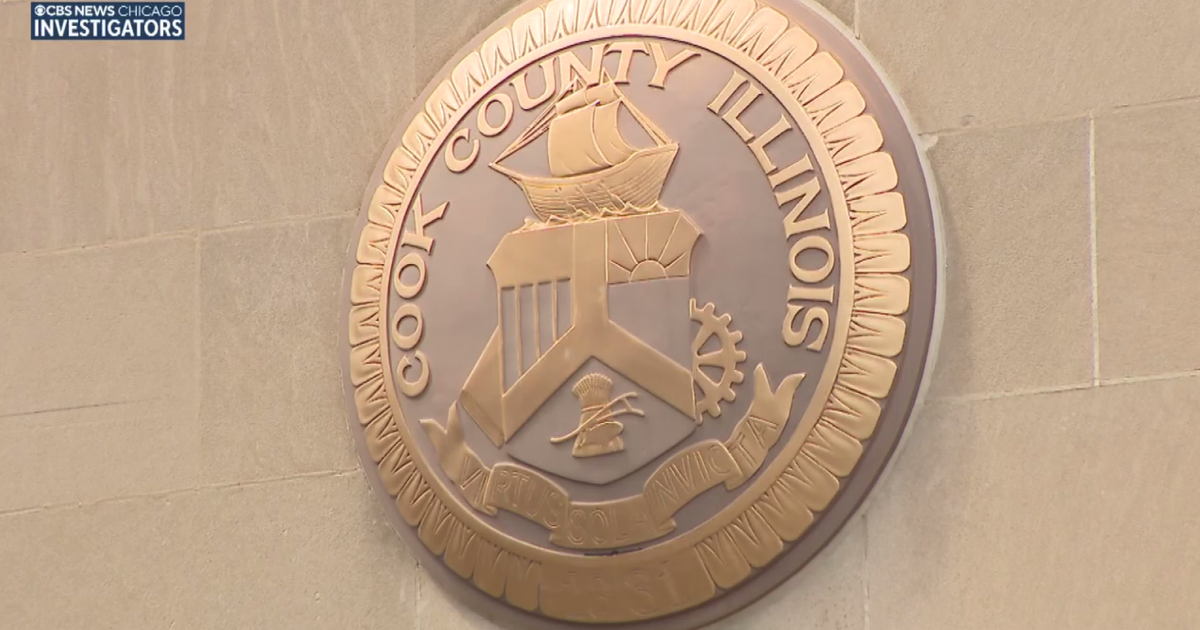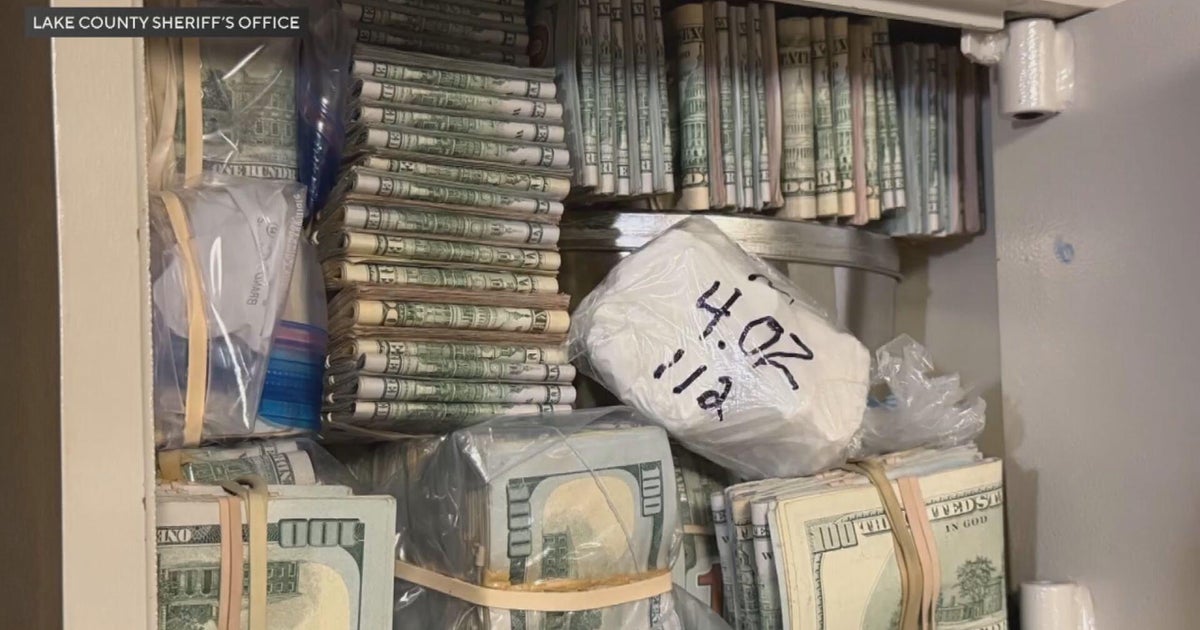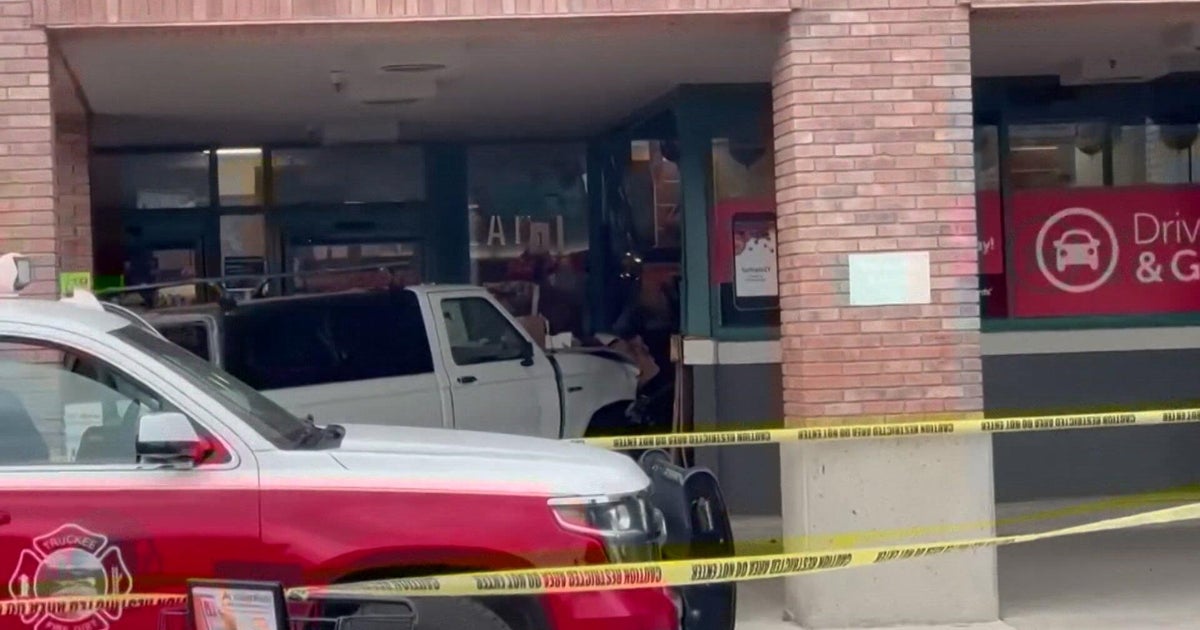Program Gives Would-Be Felons A Second Chance
CHICAGO (CBS) -- Felony convictions can end your future – sometimes permanently – and now, Cook County State's Attorney Anita Alvarez has found a way to give some alleged first-time, nonviolent offenders a second chance before the case reaches the courtroom.
As CBS 2's Kristyn Hartman reports, Anthony Giler, 22, is using the program to turn his life around.
"All I remember is waking up in jail in a holding cell," Giler said.
Giler learned a night of drinking had snowballed into an arrest and a felony burglary charge.
"It's a bad feeling," Giler said. "It's hard to be hired, you know, to get a job, and I'm still young."
All that worry was prompted by a first offense.
Alvarez heard stories like Giler's on the campaign trail.
"People would say, you know, 'My son got arrested, but he doesn't have a bad background. He has trouble now,'" Alvarez said.
So after winning office, Alvarez worked on a deferred prosecution program for adults – a second chance, and a way to dismiss the felony charge.
"The offender would not be put in the program without the consent of the victim," Alvarez said.
Some of the other conditions include – defendants must make full restitution to the victim, they can't break the law, and they have to work or do community service.
And, like Giler, if they haven't received their high school diploma, they have to take classes or get a GED.
On Wednesday, Giler missed one of those classes. He said he had no ride to Truman College, and no cash for public transportation.
"It looks bad," Giler said, "but it's very important."
However, Giler did make a court date earlier in the day. The judge sang his praises.
"That was pretty good; showing you that you've got some kind of light in you left, where you can be something," Giler said.
Now it's up to Giler, a father of three, to prove how important the program is to him.
He has a year to meet the terms of the program, and if he does not, his felony case will go to a felony courtroom, where he could be convicted.
There are more than 180 people in the Deferred Prosecution Program. Numbers could reach 1,000 by year's end.







